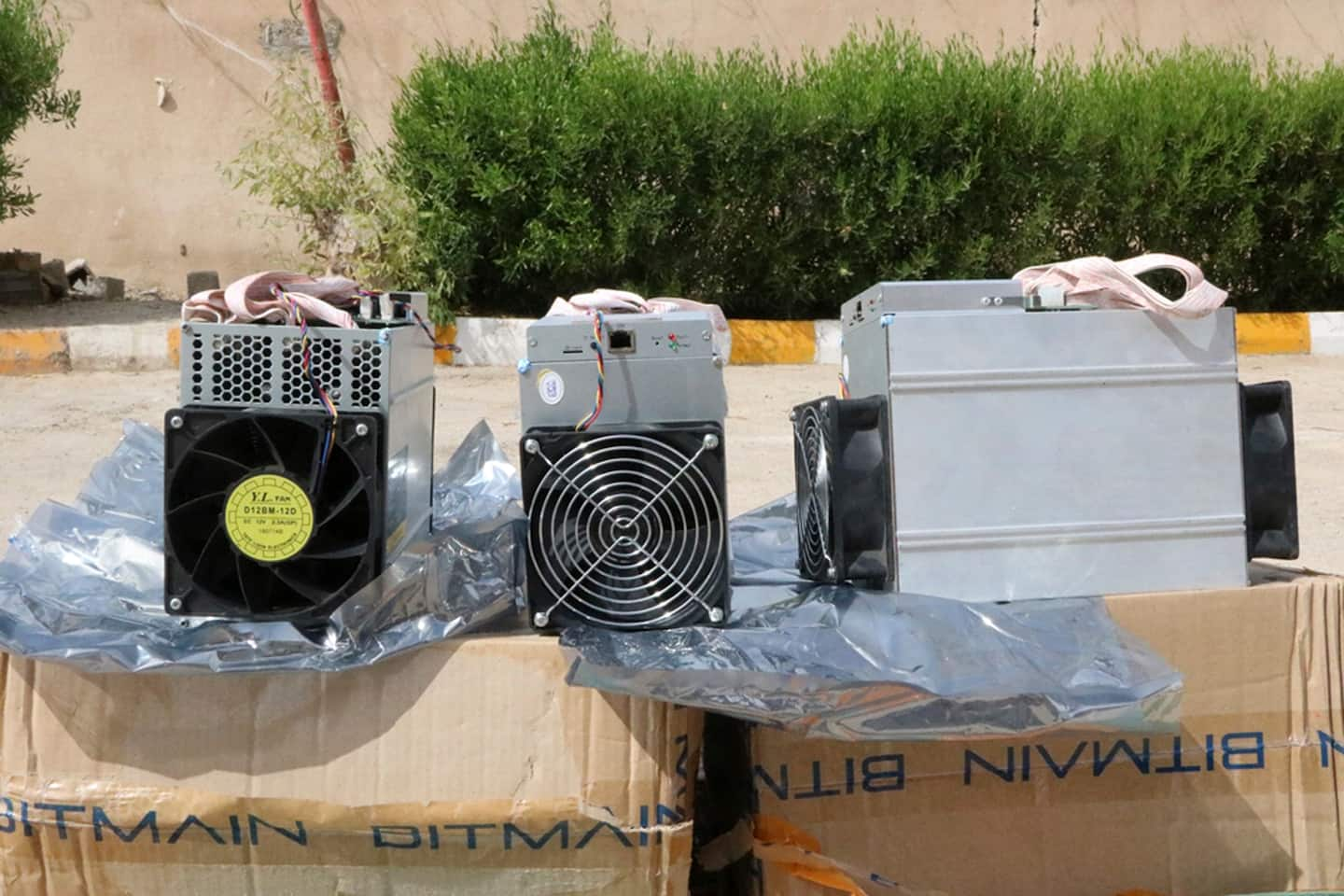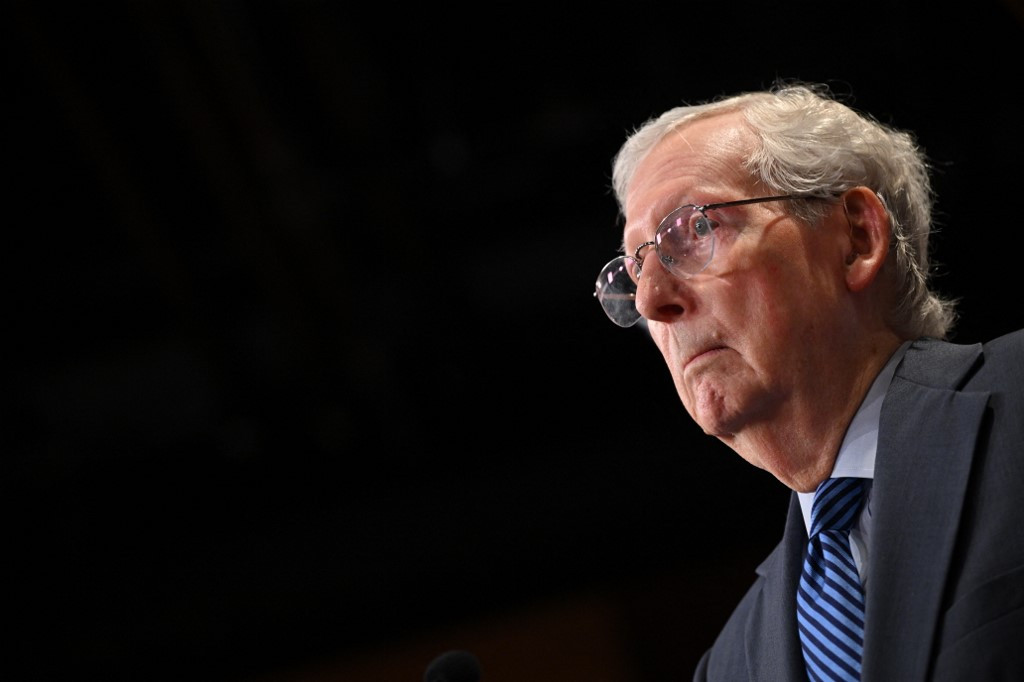But this time, Government officials Say that Bitcoin mining In cryptocurrency farms – energy-intensive businesses using large groups of computers to verify cryptocurrency transactions – in part blaming.
The state-owned Iranian Electricity Company, Tanfeer, announced on Wednesday that it had done so Shut down a large electronic currency managed by China and Iran A center in the southeastern province of Kerman due to its high energy consumption. The company was reportedly licensed to operate under a process put in place by the government to regulate the industry.
Besides referring to a number in legal operations, Iranian officials have specifically referred to illegal miners in cryptocurrencies as stressing the power grid leading to blackouts, Mustafa Rajabi Mashhadi, a spokesperson for the electricity industry at Iran’s Energy Ministry, said, The state-run Iranian news agency said. Wednesday, On me and my condolencesA spokesman for Iranian President Hassan Rouhani said the government would investigate cases of unlicensed cryptocurrency farms.
But Iranians working in the Bitcoin business reject the government’s accusations, saying the industry is responsible for a wider problem.
“The miners have nothing to do with blackouts,” Diaa Sadr, a Tehran-based cryptocurrency researcher, told the Washington Post. “Mining is a very small percentage of Iran’s total electricity capacity.”
He added, “It is known that the mismanagement and the extremely terrible situation of the power grid in Iran and the old equipment of the power plants in Iran cannot support the network.”
The government itself has cited cheap electricity prices, which were enabled by government subsidies, as another major reason for power outages. Member of the Board of Directors of the Iranian Blockchain Association Tell Erna The electricity used by e-currency miners in Iran was estimated to be equal to the electricity lost from the grid during distribution.
The confrontation It highlights the bumpy road ahead for cryptocurrencies that, in theory, could thrive in an economically besieged country like Iran, with some hailing an alternative banking system as a possible way to bypass US sanctions.
Meanwhile, electricity problems persist. In recent days, power stations have shut down, operating over capacity, as demand for natural gas to heat homes soars. Others have reportedly switched to low-quality fuel to keep the strained electricity grid running. Pollution levels have reached the capital, Tehran.Very dangerousLevels.
Cryptocurrency expert Ali Beckferdi said that when the lights are on, the combination of cheap electricity and high inflation in Iran has made it an ideal destination for the energy-intensive process of creating or mining digital currencies such as Bitcoin.
Decentralized cryptocurrencies rely on high-powered computers to verify the legitimacy of transactions by solving complex mathematical problems. Cryptocurrency mining units are a potentially profitable business that has started in recent years in Iran, as companies in countries such as China and Russia partnered with Iranian entrepreneurs to create Bitcoin “farms” consisting of specialized computers.
“Any country with cheap electricity and a lot of space would be an ideal place to mine bitcoin,” Beckferdi, who is from Iran and now lives in Seoul, said in an interview with The Post. “In Korea, it wouldn’t be profitable because I would have to spend a lot of money on electricity.”
Bitcoin mining was already taking off illegally in Iran by the time the government took notice a few years ago. Initially, it launched a crackdown on miners, who used computers and other equipment smuggled from places like China, Sadr said.
Then in 2019, it passed legislation to regulate the burgeoning industry under the table: It was imperative for miners of bitcoin and other cryptocurrencies to apply for a license to operate and import computers and related equipment. Registration enabled the government to supply farms with electricity at a higher rate than the general public.
Al-Sadr said the new legislation has hurt those who have already proven themselves in the industry, as there is no pathway to legalize operations operating with illegal equipment.
The Iranians are said to have set up bitcoin mining stores in everything from mosques to physical farms to take advantage of cheaper electricity rates. The government offered a reward For information on the locations of illegal operations.
The Iranian government has sought to extend its control over the industry in other ways as well. Lawmakers recently passed legislation that would limit the use of cryptocurrencies to finance imports and exports with Iran’s Central Bank as an intermediary. Sadr said the law, however, was not enforced in practice, as there is no system in place to do so. The government has announced plans to develop its cryptocurrency, although little progress has been made.
Beckferdi said that the appeal of cryptocurrencies has remained strong for many in a politically and economically blockaded country like Iran. He said digital commerce “empowers individuals”. “It kind of helps people do things financially on a larger scale without relying on countries or governments.”
But Beckferdy and Al-Sadr both said that cryptocurrencies alone are not commensurate with the US economic sanctions, which under the Trump administration have become the most stringent so far, isolating Iran from all types of global trade and international banking systems. Since 2018The U.S. Treasury has imposed sanctions on several Iranians for violating the sanctions using cryptocurrencies.
Bitcoin is not a solution to [U.S. sanctions]Sadr said. “Bitcoin is just a tool. The problem of penalties is a much bigger problem. It’s a much bigger block of people.”
President-elect Joe Biden has pledged to remove many of these economic sanctions and return to the Iran nuclear deal, from which Trump withdrew in 2018, if he and his counterparts in Tehran can agree on the terms.
However, Sadr said it would take a long time before any measurable level of international trade with Iran could be implemented using Bitcoin, as companies are currently either not interested or ill-equipped to work with digital currencies.
He said, “If there is no market for it, then there are no participants for people who want to do imports and exports with people in Iran … Bitcoin cannot help with that.” Suppose they know you are Iranian, and your business is from Iran, they will not work with you.





